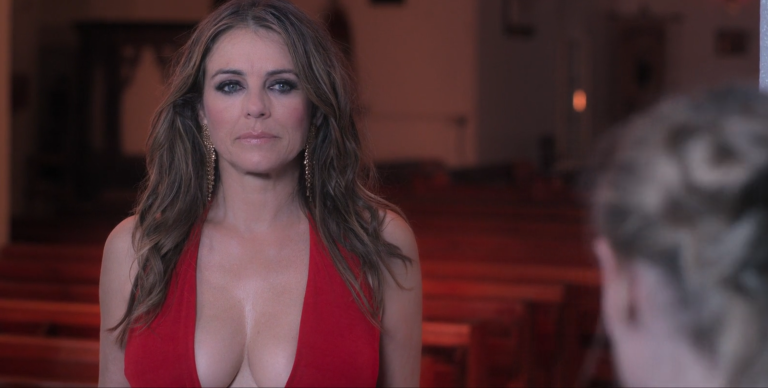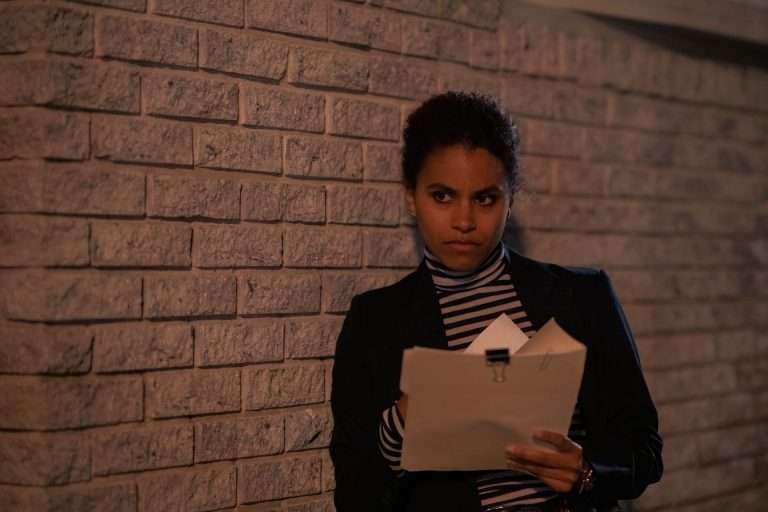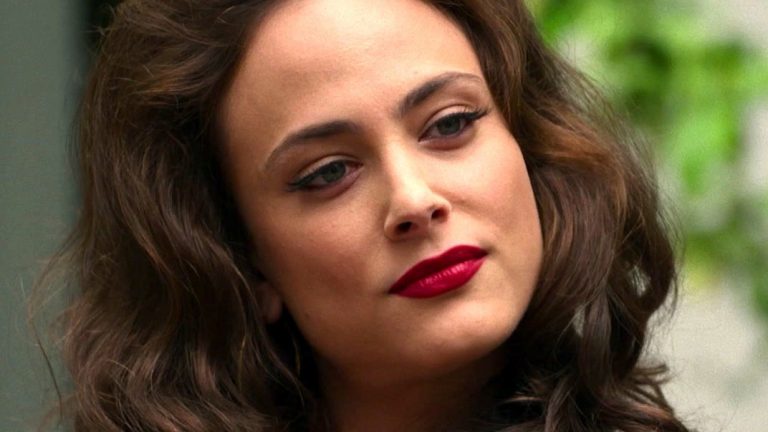Many movies have dealt with the period of the French Revolution, since it was a pivotal era in history, full of compelling stories that can be told at any time. Those films usually focus on the harsh life of poverty and hunger endured by the French people under the rule of King Louis XVI, or on the lives of Enlightenment thinkers and revolutionary leaders.
But the French film “Ridicule” (1996) is considered one of the most important movies that tried to make us understand why the Revolution happened in the first place, and why things took such a different turn—not by showing us the people’s suffering, but by focusing heavily on the noble society itself, especially on the idea of ridicule and the pranks they played on each other, which occupy the central space in their lives.
Director Patrice Leconte’s focus on that precise point reflects how trivial that class was, as they lacked anything meaningful to occupy their time. But don’t be fooled—just because this film revolves around jest and frivolity doesn’t mean the movie itself is comedic or silly. On the contrary, I would argue it is one of the most magnificent historical films ever produced in the 1990s.
The film’s atmosphere, costumes, and sets are crafted so professionally that they immerse you in the world of Versailles in the eighteenth century. The film was nominated for the Academy Award for Best Foreign Language Film and a Golden Globe, and it won four César Awards, which are France’s most prestigious film honors.
The events of the film take place in eighteenth-century France under King Louis XVI. It follows the story of Grégoire Ponceludon de Malavoy (Charles Berling), a nobleman whose lands lie in a remote area mostly covered by polluted swamps where cholera spreads wildly due to mosquitoes. Most residents of the region die in their mid-thirties. In his role as a hydraulic engineer, he devises plans to drain the swamps by building dams and digging canals, but he lacks the funding and is nearly bankrupt.
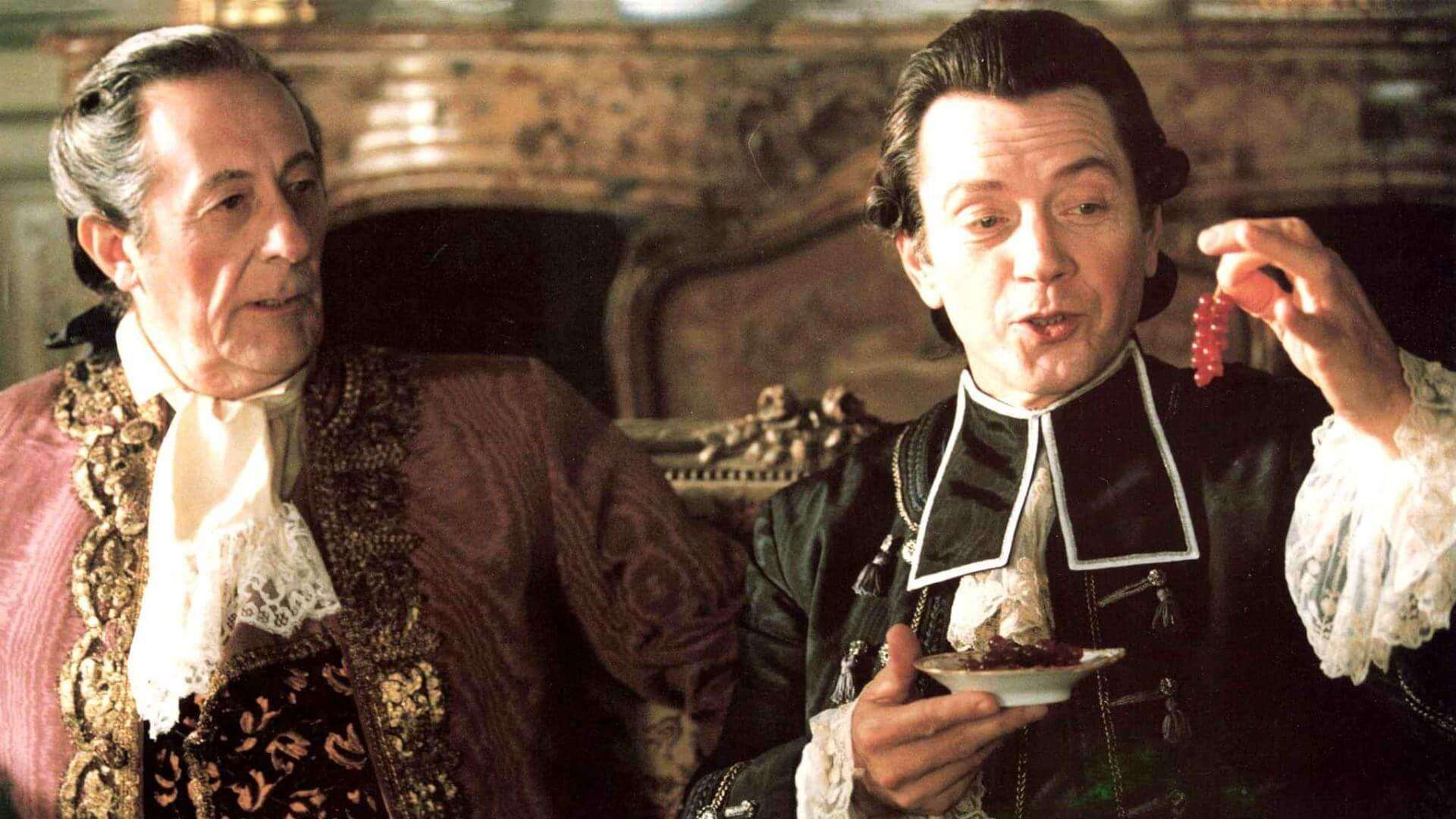
He decides to go to Versailles, the French royal palace, to meet the king, present his plans, and request financing for his project. However, he does not understand how things work at Versailles. Once he arrives, he is shocked to find hundreds of other nobles like him who have come to the capital seeking an audience with the king, but none of them succeed. A meeting with the king is extremely difficult to secure, and the officials around the king neither help anyone nor fund any project that might benefit people unless there is personal gain involved.
Our hero meets the Marquis de Bellegarde (Jean Rochefort), an old nobleman and doctor who is almost bankrupt himself but lives comfortably thanks to his good connections at Versailles. He takes Ponceludon under his wing, sharing his experience and explaining that Versailles is a very harsh place. If Ponceludon wants to truly meet the king, he must prove his worth by demonstrating verbal cleverness, especially by mocking others, which is the most important measure of power at Versailles, since everyone there jests for the king’s amusement.
We see many different stories during Ponceludon’s stay in Versailles, such as Madame de Blayac, the beautiful and wealthy widow who is involved with the priest Félicourt but falls in love with Ponceludon; the fallen noble who lost his title and will do anything—even turn his meeting with the king into a bid to reclaim his rank at all costs; and the Marquis de Bellegarde’s daughter, Mathilde, who dreams of completing her research to build the first diving suit in history but lacks sufficient funding, so she decides to marry a wealthy older noble.
The film reaches its climax when Ponceludon ends his relationship with Madame de Blayac, and Mathilde cancels her marriage contract with the rich old man so they can be together. In revenge, Madame de Blayac orchestrates a prank that humiliates Ponceludon in front of most of the royal court at a high‑society ball. He then decides to leave the court forever and never return, neither he nor Mathilde. After the French Revolution, Ponceludon returns to his province and carries out the swamp‑draining project as a hydraulic engineer, without any titles.
The film dedicates itself to emphasizing that the ruling system at that time was completely detached from the people, had no awareness of their problems, and could not foresee its imminent collapse. The focus on ridicule and pranks at Versailles underscores the emptiness of the entire class. We see that the tongue and quick wit are the strongest weapons for everyone at court. We also have the symbolic figure of the deaf‑mute stable boy who serves the Marquis de Bellegarde, representing the French people who are forbidden from engaging in verbal sparring like the nobles.
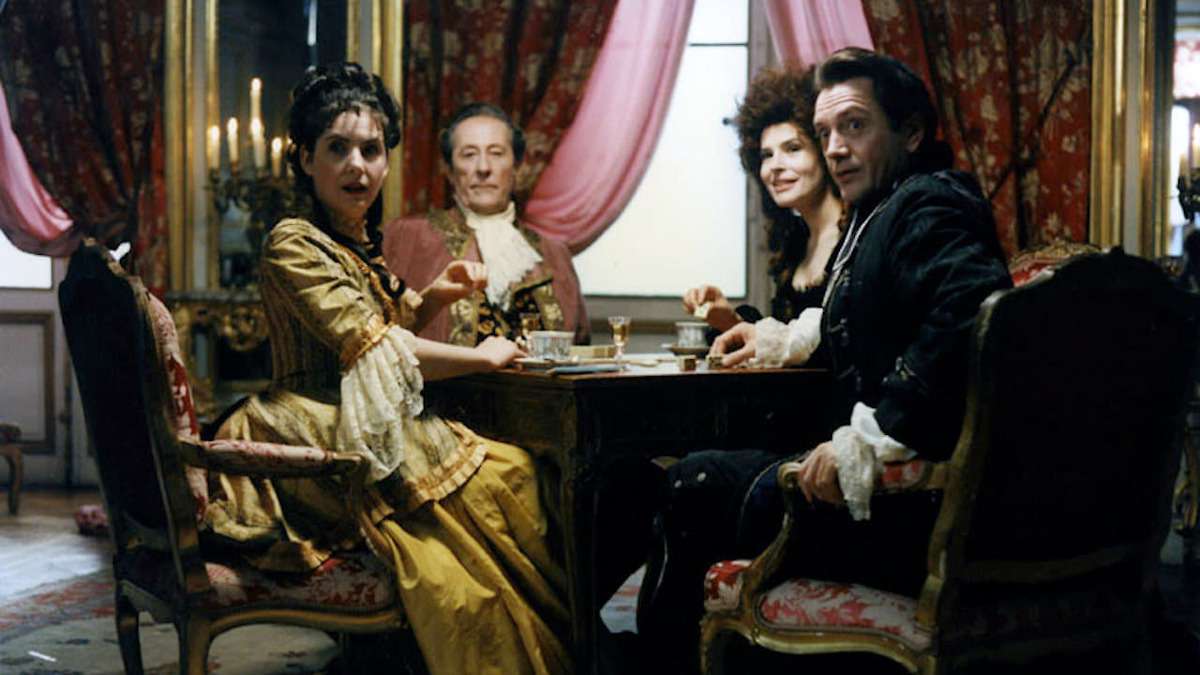
When he pulls a prank on Madame de Blayac—knocking her off her horse in front of other nobles—he is expelled from Versailles and sent to a home for the deaf and mute. In another scene, the priest who runs that institution presents the deaf and mute youths to the nobles to show that even though they cannot hear or speak, they think and feel. This is met with scorn and disbelief by most nobles, a strong symbol of how they would later react to revolutionary ideas that would destroy them. The only ones convinced of the deaf‑mute youths’ rights are Marquis de Bellegarde, Ponceludon, and Mathilde, who later become supporters of the Revolution.
Another important symbolism is the idea that Versailles is an isolated world unto itself, locked in a fierce battle of pranks and cutting jokes, whose victims increase over time. We see the fallen noble who lost his title fall into one of Félicourt’s pranks and kills himself as a result; the priest himself tells a silly joke before the king and is banished from Versailles; and the colonel who makes an insult about Ponceludon ends up in a pistol duel and is killed.
This is the pinnacle of the director’s brilliance: the man who came to Versailles to ask for a loan to save his people ends up killing a man he doesn’t even know, simply because they all belong to the court and have no purpose in life except to amuse it.
This is captured in a very expressive shot of the king’s eye watching the nobles’ pranks through a peephole in the wall. Marquis de Bellegarde knows it is there and that the king is watching, so all the nobles know it too and must insult each other even when they would rather not. We notice this in Madame de Blayac’s eyes after she carries out her final prank on Ponceludon.
Despite her genuine love for him, her sad look when she removes her mask at the ball hints at the good person inside, contrasting with Mathilde’s earlier life—she, too, was once a good soul like Mathilde but married an older man for money and ended up in a life‑and‑death struggle at Versailles, where you are either predator or prey. Although she chose it, she undoubtedly regretted it years later when the Revolution came, though the film does not explicitly address this. Ridicule’s brilliance lies in showing us how things were, knowing the outcome already: this era ended and will never return.



